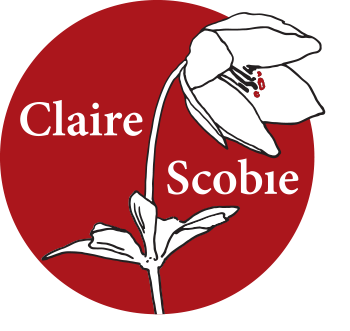28 May Writing fearlessly
There are lots of things that stop us writing. A common one is fear. How much do we hold ourselves back as writers? What are we most afraid of?
Here are some common responses:
- Rejection
- Condemnation from others
- Being judged
- Putting yourself out there
- Not getting the story right.
 Last weekend I heard Cheryl Strayed author of the highly successful travel memoir, Wild, talk about how her work and the issue of self-censorship at the Sydney Writers’ Festival.
Last weekend I heard Cheryl Strayed author of the highly successful travel memoir, Wild, talk about how her work and the issue of self-censorship at the Sydney Writers’ Festival.
Strayed is well known in America for her ‘Dear Sugar’ advice column for online literary magazine The Rumpus. When her second book Wild: From Lost to Found on the Pacific Crest Trail was published in 2012, it quickly went on to New York Times Best Seller list, reducing the critic to tears, to ‘puddle-eyed cretinism’. It was selected for the new digital Oprah Book Club 2.0 and Reese Witherspoon optioned the book as a film.
Wild is about how the young Strayed walked 1,770 km along the Pacific Crest Trail from Mexico to Canada in 1995. Her mother had died aged 45 and Strayed’s life was imploding. She was using heroin, drinking a lot and her marriage had broken down. Her decision to go on this enormous trek, carrying a ludicrously heavy backpack was her way to get lost in order to find herself.
 ‘In the course of my grief, I self-destructed,’ she said. ‘I went on this walk and met no-one for the first eight days. I lost six toenails. My boots didn’t fit.’
‘In the course of my grief, I self-destructed,’ she said. ‘I went on this walk and met no-one for the first eight days. I lost six toenails. My boots didn’t fit.’
Writers often ask me if their journey from ten years ago is still relevant today. Wild is proof that it can be relevant, but it’s all in the telling of the story.
Strayed didn’t plan to write a book about her epic journey. Then, in 2008, she started writing an essay about the trek and that became the book.
She said that she wouldn’t let herself give into the fear when she was trekking nor when she was writing. ‘Fear begets fear.’
As a writer, Strayed believes, ‘Your task is to reveal as much as you can and go as deep as you are prepared to go. The purpose of literature is to illuminate humanity. Take risks. Be brave. Write fearlessly. Be afraid. Only pull yourself back because the story does not require it, not because you are frightened to write it.’
